Home>diy>Building & Construction>How Much Does A Construction Permit Cost
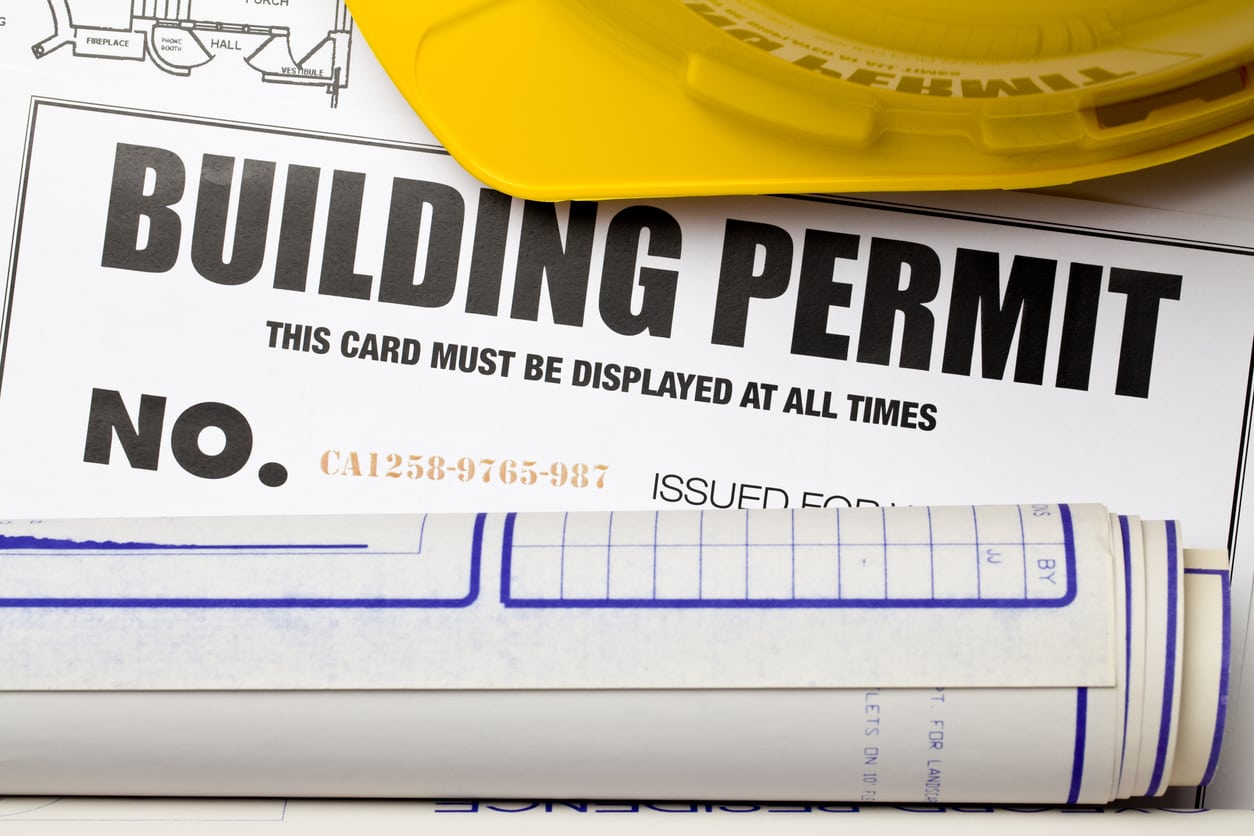

Building & Construction
How Much Does A Construction Permit Cost
Modified: January 16, 2024
Find out the average cost of a building construction permit to ensure you're budgeting correctly for your project. Learn more about building construction permit fees.
(Many of the links in this article redirect to a specific reviewed product. Your purchase of these products through affiliate links helps to generate commission for Storables.com, at no extra cost. Learn more)
Introduction
Welcome to the world of construction permits, where paperwork and fees can make or break your construction project. Whether you’re building a new home, adding an extension, or renovating an existing structure, obtaining a construction permit is an essential step in ensuring compliance with local regulations and safety standards. However, one question that often comes to mind is: how much does a construction permit cost?
The cost of a construction permit can vary depending on several factors, including the type of construction project, the location, and the size of the structure. Understanding these factors can help you plan your budget efficiently and avoid any surprises along the way.
In this article, we will delve into the various factors that can affect construction permit costs, explore different types of construction permits, provide average cost ranges, discuss additional fees and expenses, and even offer some tips on how to reduce permit costs. So, let’s dive in!
Key Takeaways:
- Construction permit costs vary based on location, type of construction, size, and scope of work. Research local regulations and explore cost-saving strategies to optimize your project budget.
- Understanding factors influencing permit costs and exploring ways to reduce expenses can help you plan your construction project budget effectively and ensure a smoother process.
Read more: How Much Does A Plumbing Permit Cost
Factors Affecting Construction Permit Costs
When it comes to construction permit costs, there are several key factors that can influence the overall price you’ll be required to pay. Understanding these factors can help you anticipate and budget for the cost of obtaining a permit. Let’s take a closer look at each of these factors:
- Location: The cost of construction permits can vary significantly depending on the city or municipality where your project is located. Some areas have higher permit fees due to a higher demand for construction, stricter regulations, or a more complex approval process. It’s important to research the specific permit costs in your area.
- Type of Construction: The type of construction project you’re undertaking will also impact the permit cost. Different types of construction, such as residential, commercial, or industrial, may have different fee structures and requirements. Additionally, the complexity of the project, such as the number of floors or the presence of hazardous materials, can also affect the permit cost.
- Size of the Structure: The size of the structure you’re building plays a significant role in determining the permit cost. Generally, larger structures require more review and inspection, leading to higher permit fees. The size is usually measured in terms of square footage or the number of units in the case of multi-family buildings.
- Construction Value: Some jurisdictions calculate permit fees based on the estimated construction value. This value is determined by assessing the proposed project’s cost, including materials, labor, and other expenses. The higher the construction value, the higher the permit cost.
- Scope of Work: The scope of work required for your project can affect permit costs as well. Certain construction projects, such as major renovations or additions, may require additional inspections and approvals, leading to higher permit fees.
It’s important to note that these factors are not exhaustive, and there may be other local-specific considerations that influence permit costs. Consulting with your local building department or permit office is crucial to get accurate information regarding the factors that apply to your specific project.
Types of Construction Permits
Construction permits can vary in their purpose and requirements depending on the nature of the construction project. Here are some common types of construction permits you may encounter:
- New Construction Permit: This permit is required for building a completely new structure, whether it’s a residential home, commercial building, or industrial facility. It involves submitting detailed plans and specifications for review and approval.
- Renovation Permit: If you’re making significant changes to an existing structure, such as adding an addition or remodeling interior spaces, you will need a renovation permit. This permit ensures compliance with building codes and safety standards.
- Electrical Permit: When performing electrical work, such as installing new wiring, outlets, or light fixtures, an electrical permit is necessary. Electrical permits help ensure that the work is done by licensed professionals and meets electrical code requirements.
- Plumbing Permit: For plumbing-related projects, such as adding new plumbing fixtures, replacing pipes, or installing a new water heater, a plumbing permit is typically required. This permit ensures that the plumbing work complies with local plumbing codes and standards.
- Demolition Permit: If you’re planning to tear down an existing structure, you’ll need a demolition permit. This permit ensures that the demolition is carried out safely and according to local regulations.
- Sign Permit: If your construction project involves the installation of signs, such as building signage or outdoor advertising, a sign permit is necessary. Sign permits ensure that signs meet zoning requirements and do not pose any safety hazards.
- Occupancy Permit: Once your construction project is complete, you may need to obtain an occupancy permit to legally occupy and use the structure. This permit certifies that the building meets all required codes and standards for human occupancy.
These are just a few examples of the types of construction permits you may come across. The specific permits required for your project will depend on the nature and scope of the construction work. It’s essential to consult with your local building department or permit office to determine the exact permits needed for your specific project.
Average Construction Permit Costs
The cost of construction permits can vary significantly depending on various factors we discussed earlier. However, understanding the average permit costs can give you a rough estimate to help you plan your budget. It’s important to note that these figures are general averages and can differ based on your location and specific project requirements.
Residential construction permits typically range from a few hundred dollars to several thousand dollars. For example, obtaining a permit for a new single-family home may cost between $1,000 and $3,000, depending on the size and location of the property.
Renovation permits for residential projects, such as adding an addition or remodeling a kitchen, can cost anywhere from $500 to $2,000, depending on the scope and complexity of the renovation.
Commercial construction permits tend to be more expensive due to the larger scale and additional requirements. Permit costs for commercial projects can range from a few thousand dollars to tens of thousands of dollars. The specific costs depend on factors such as the size, type of construction, and local regulations.
It’s important to keep in mind that permit fees are not the only costs associated with construction permits. Additional expenses may include plan review fees, inspection fees, impact fees, and other administrative charges. These costs can add up and should be factored into your overall budget.
Remember, the above figures are just average estimates. To get accurate and up-to-date information regarding permit costs for your specific project, it is best to contact your local building department or permit office. They can provide you with a detailed breakdown of the fees and guide you through the permit application process.
Check with your local building department or permit office to find out the specific cost of a construction permit in your area. Costs can vary depending on the type and scope of the project.
Additional Fees and Expenses
When obtaining a construction permit, it’s important to consider that there are additional fees and expenses beyond the permit cost itself. These fees can vary depending on the location and the specific requirements of your project. Here are some common additional fees and expenses to be aware of:
- Plan Review Fees: Many jurisdictions charge a separate fee for reviewing and approving your construction plans. This fee covers the time and resources required to ensure that your plans comply with building codes and safety standards.
- Inspection Fees: Inspections are typically required at various stages of the construction process to ensure compliance with approved plans. Each inspection may have a separate fee associated with it, which covers the cost of the inspector’s time and expertise.
- Impact Fees: Some areas impose impact fees to fund public infrastructure and services that are impacted by new construction. These fees vary depending on the type and size of the project and are intended to mitigate the impact on the local community.
- Surcharge Fees: In certain situations, additional surcharge fees may be applied, such as for expedited processing or for projects that require specialized reviews or approvals.
- Contractor License Fees: If you’re hiring a licensed contractor to oversee your construction project, there may be additional fees associated with their license, such as an annual renewal fee or an application fee for obtaining a new license.
- Consultant Fees: Depending on the complexity of your project, you may need to hire specialized consultants, such as structural engineers or architects. Their fees for providing their expertise and services should be considered as part of your overall project budget.
It’s important to budget for these additional fees and expenses in addition to the construction permit cost. Not accounting for these costs can lead to unexpected financial burdens and delays in your project timeline.
Before starting your construction project, reach out to your local building department or permit office to get a comprehensive understanding of all the fees and expenses involved. They can provide you with a detailed breakdown of the costs specific to your project and help you plan your budget accordingly.
Ways to Reduce Construction Permit Costs
Budgeting for construction permits is an essential part of any construction project. While permit costs are necessary to ensure compliance with local regulations and safety standards, there are several ways to potentially reduce the overall permit costs. Here are some strategies to consider:
- Research Local Regulations: Familiarize yourself with the local building codes and permit requirements before starting your project. Understanding the specific regulations can help you plan and design your project in a way that minimizes the need for costly modifications or revisions.
- Work with an Expert: Engage an experienced architect, engineer, or contractor who has knowledge of local building codes. Their expertise can help ensure that your plans and project specifications align with the requirements, reducing the likelihood of costly revisions.
- Optimize Project Design: Design your project in a way that maximizes efficiency and minimizes the need for complex structural changes or additional inspections. Streamlining your design can help reduce plan review fees and potential delays.
- Consolidate Permits: If you’re planning multiple construction projects on the same property, explore the possibility of consolidating permits. Combining permits can save you money by avoiding duplicate fees for separate projects.
- Consider Value Engineering: Value engineering involves finding cost-effective alternatives without compromising the overall quality or functionality of the project. By exploring different materials, construction methods, or design options, you may be able to reduce construction costs, subsequently lowering the permit fees.
- Apply for Fee Waivers or Discounts: Some jurisdictions offer fee waivers or discounts for certain types of projects, such as affordable housing or sustainable development. Research if your project qualifies for any such programs and take advantage of potential cost savings.
- Plan the Timing: Consider the timing of your construction project. In some areas, permit fees may fluctuate based on the time of year. Planning your project during lower-cost seasons can help reduce permit costs.
- Seek Professional Guidance: Consult with professionals who specialize in permit expediting services. They have knowledge of local regulations and can help navigate the permit application process efficiently, potentially reducing costs and delays.
Implementing these strategies can help you optimize your construction permit costs and make your project more financially feasible. However, it’s important to note that not all strategies may be applicable or yield cost savings in every situation. Always consult with professionals and local authorities to ensure compliance with regulations while exploring possibilities for cost reduction.
Conclusion
Navigating the world of construction permits can sometimes feel overwhelming, but understanding the factors that affect permit costs and exploring ways to reduce those costs can alleviate some of the financial burden. The cost of construction permits can vary depending on various factors, such as the location, type of construction, size of the structure, and scope of work.
It’s crucial to research and familiarize yourself with local regulations, building codes, and permit requirements specific to your project. This knowledge will help you plan your budget effectively and minimize the potential for costly revisions or delays.
While construction permit costs are necessary to ensure compliance and safety, there are ways to potentially reduce those costs. Strategies such as optimizing project design, consolidating permits, considering value engineering, and working with experts can help minimize your permit expenses.
Additionally, seeking fee waivers or discounts, planning the timing of your project, and utilizing professional permit expediting services can also contribute to cost savings. It’s important to consult with professionals and local authorities to ensure compliance with regulations and to take advantage of any available cost-saving opportunities.
Remember, the information provided in this article serves as a general guide, and specific permit costs can vary depending on your location and project requirements. Local building departments or permit offices are the best sources to obtain accurate and up-to-date information about construction permit costs in your area.
By understanding the factors that influence construction permit costs and exploring ways to reduce those costs, you can better plan your construction project budget and ensure a smoother and more financially manageable process. So, take the time to research and strategize, and embark on your construction endeavor with confidence!
Frequently Asked Questions about How Much Does A Construction Permit Cost
Was this page helpful?
At Storables.com, we guarantee accurate and reliable information. Our content, validated by Expert Board Contributors, is crafted following stringent Editorial Policies. We're committed to providing you with well-researched, expert-backed insights for all your informational needs.
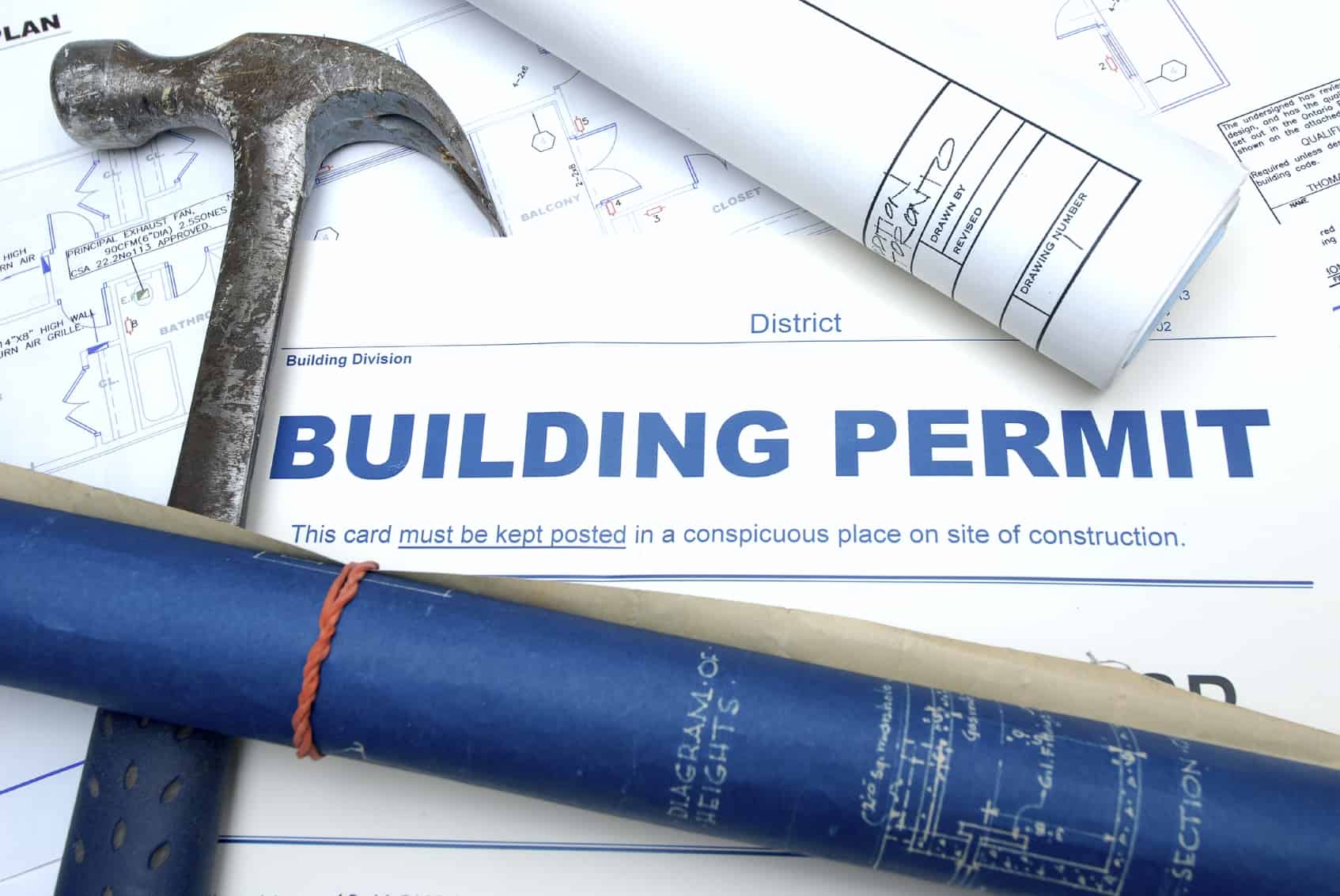
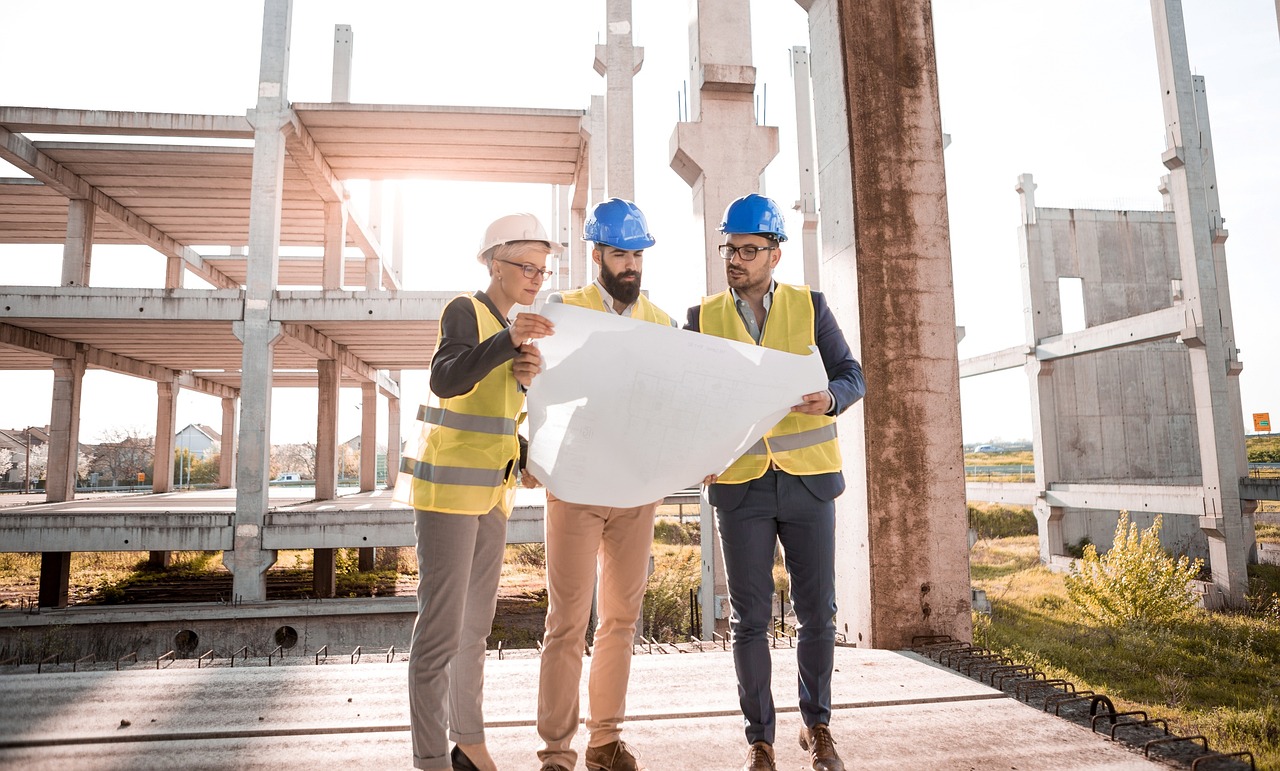
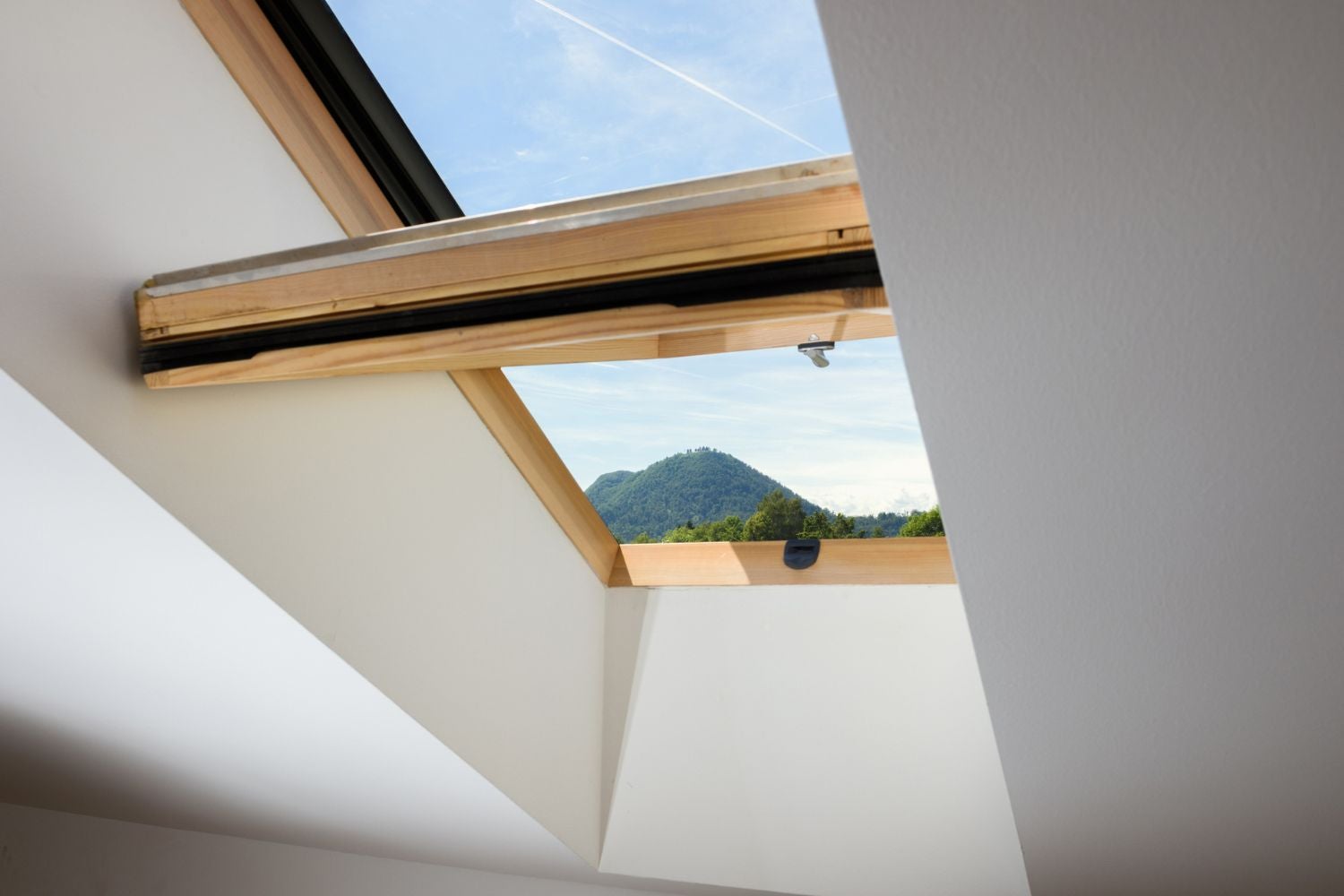



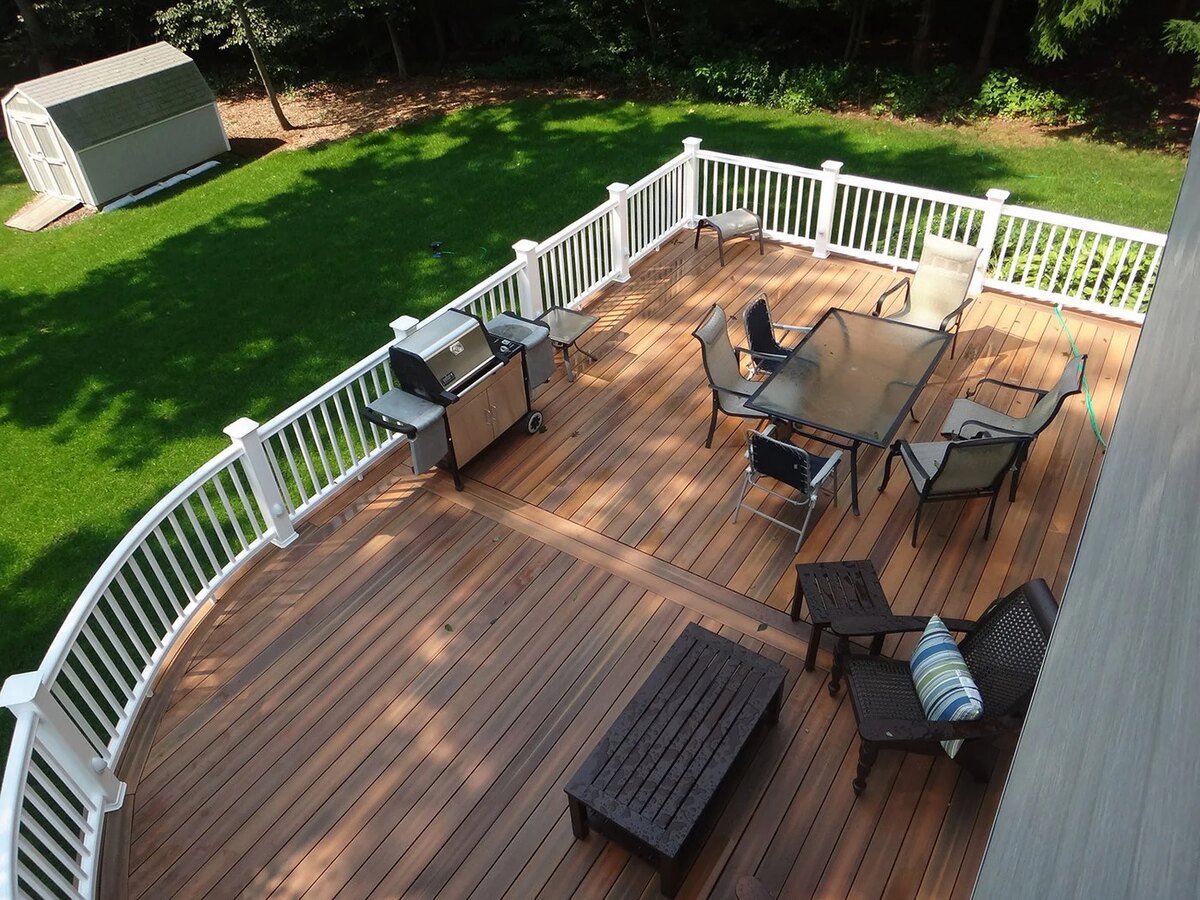

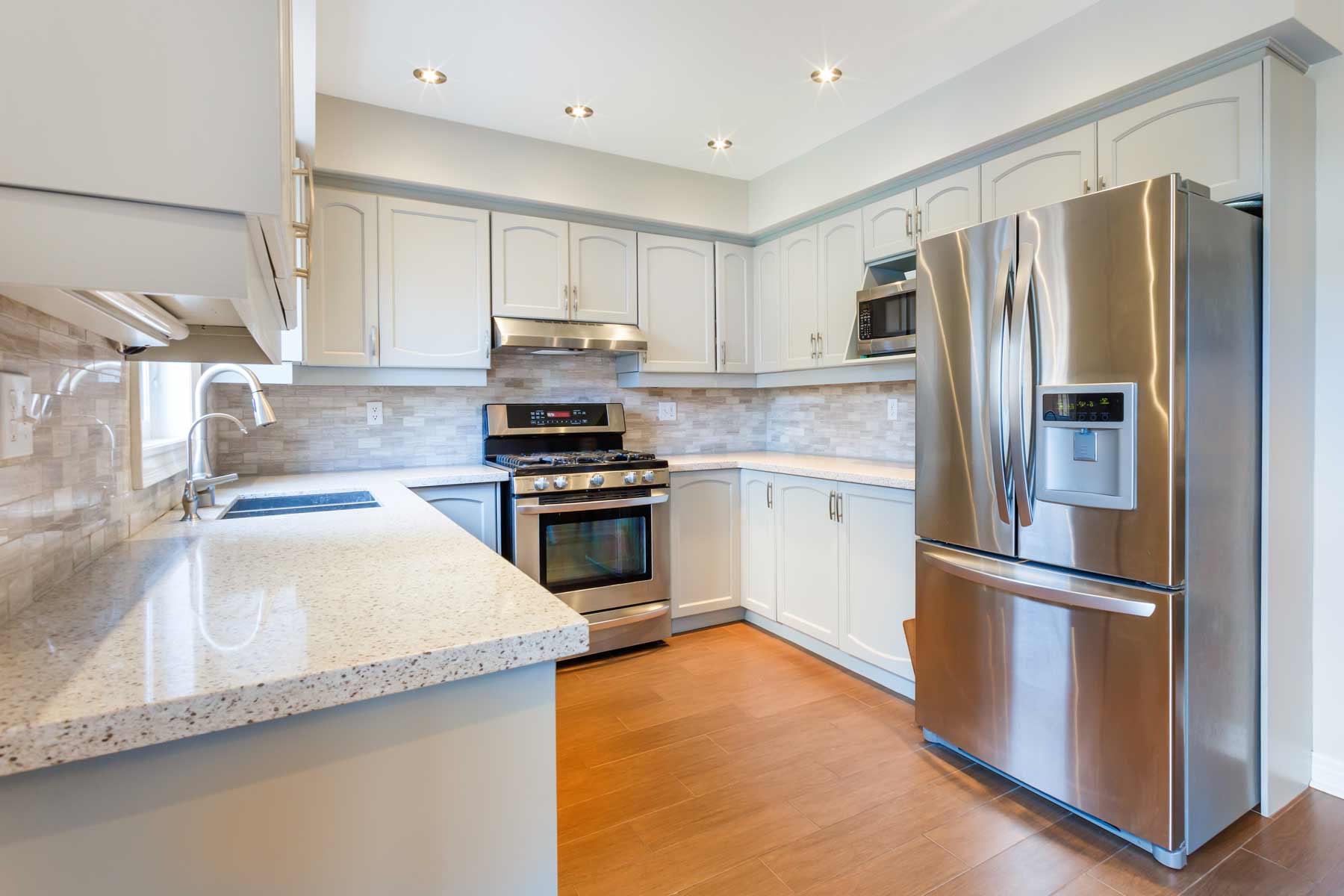

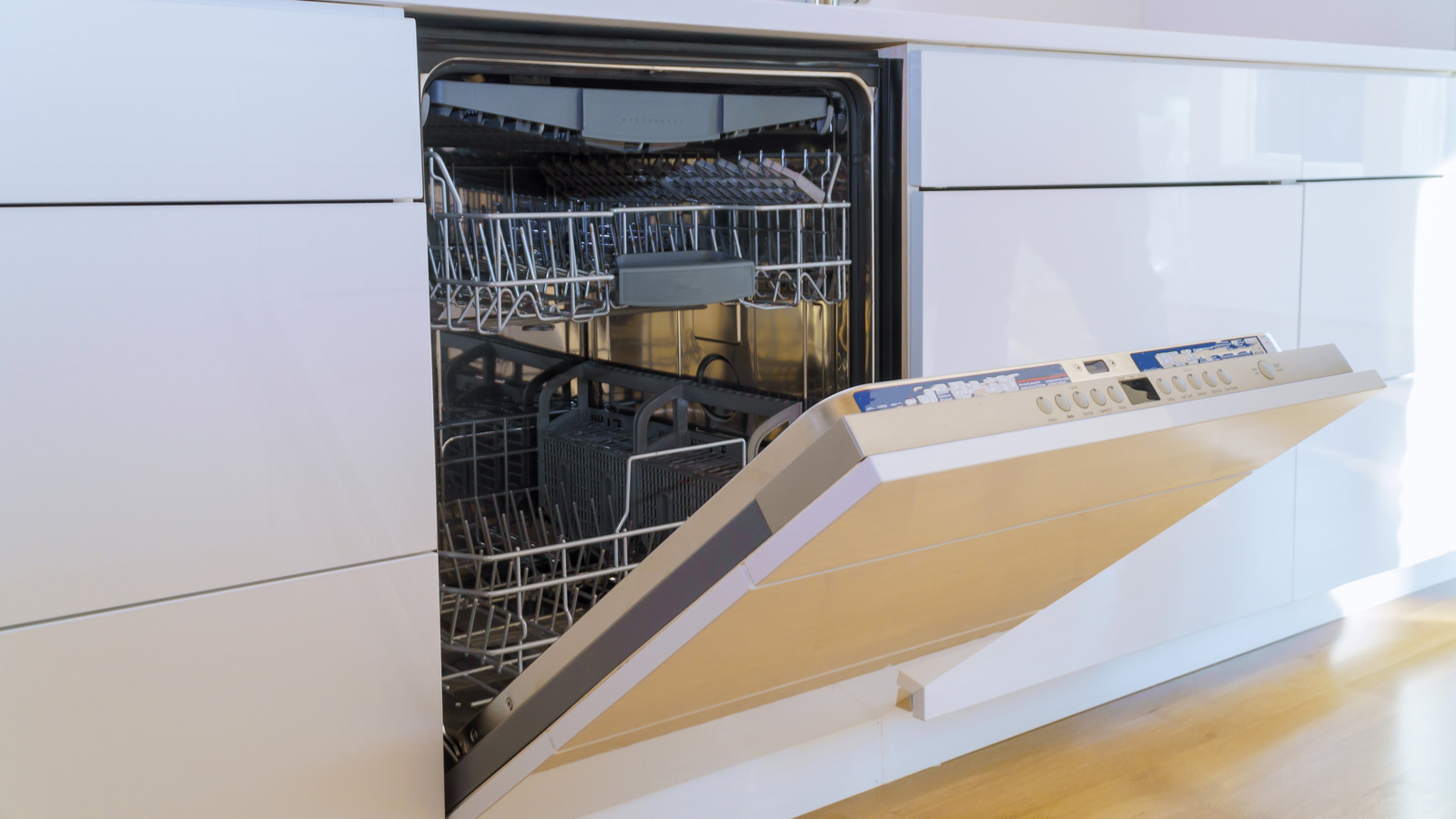

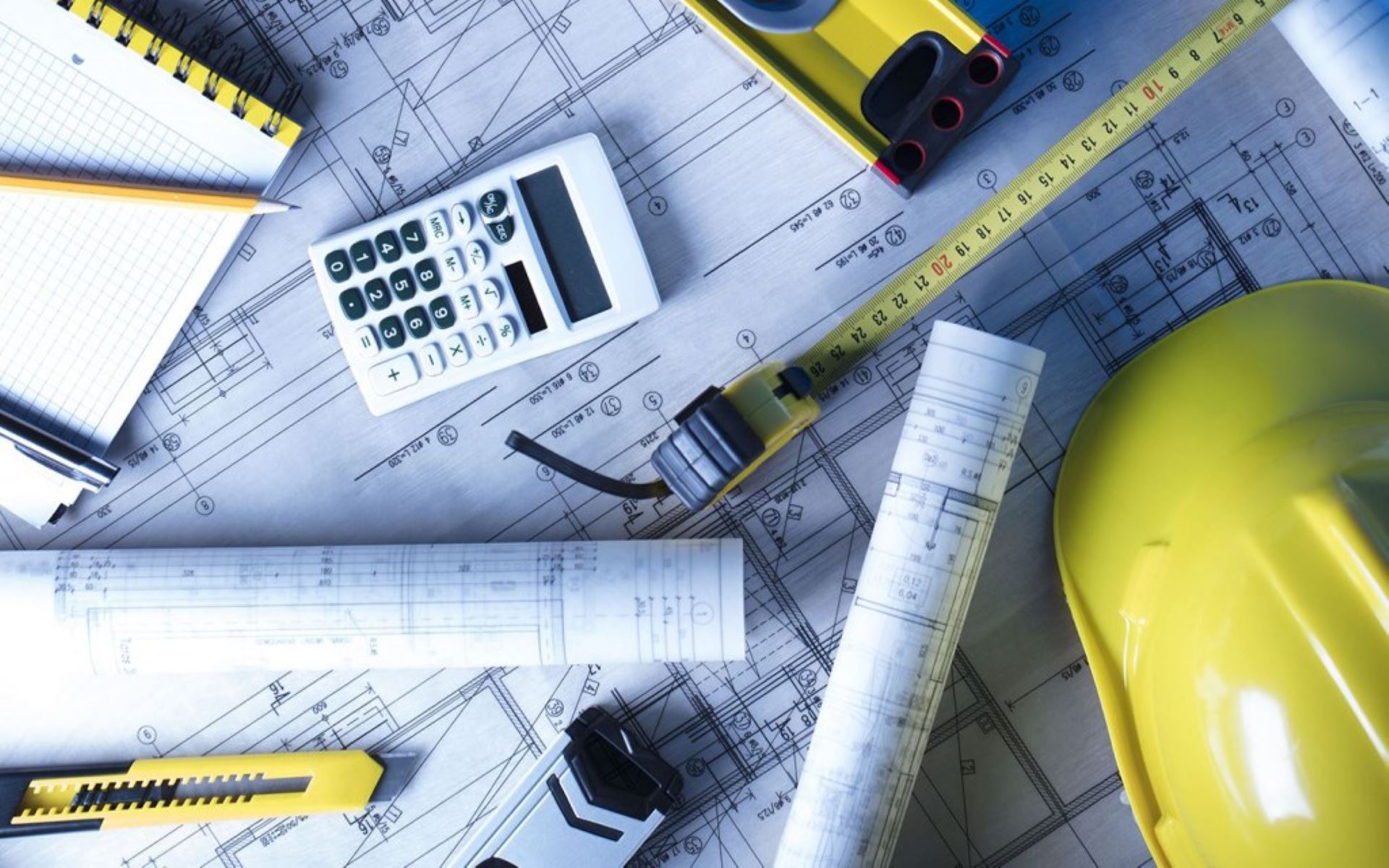
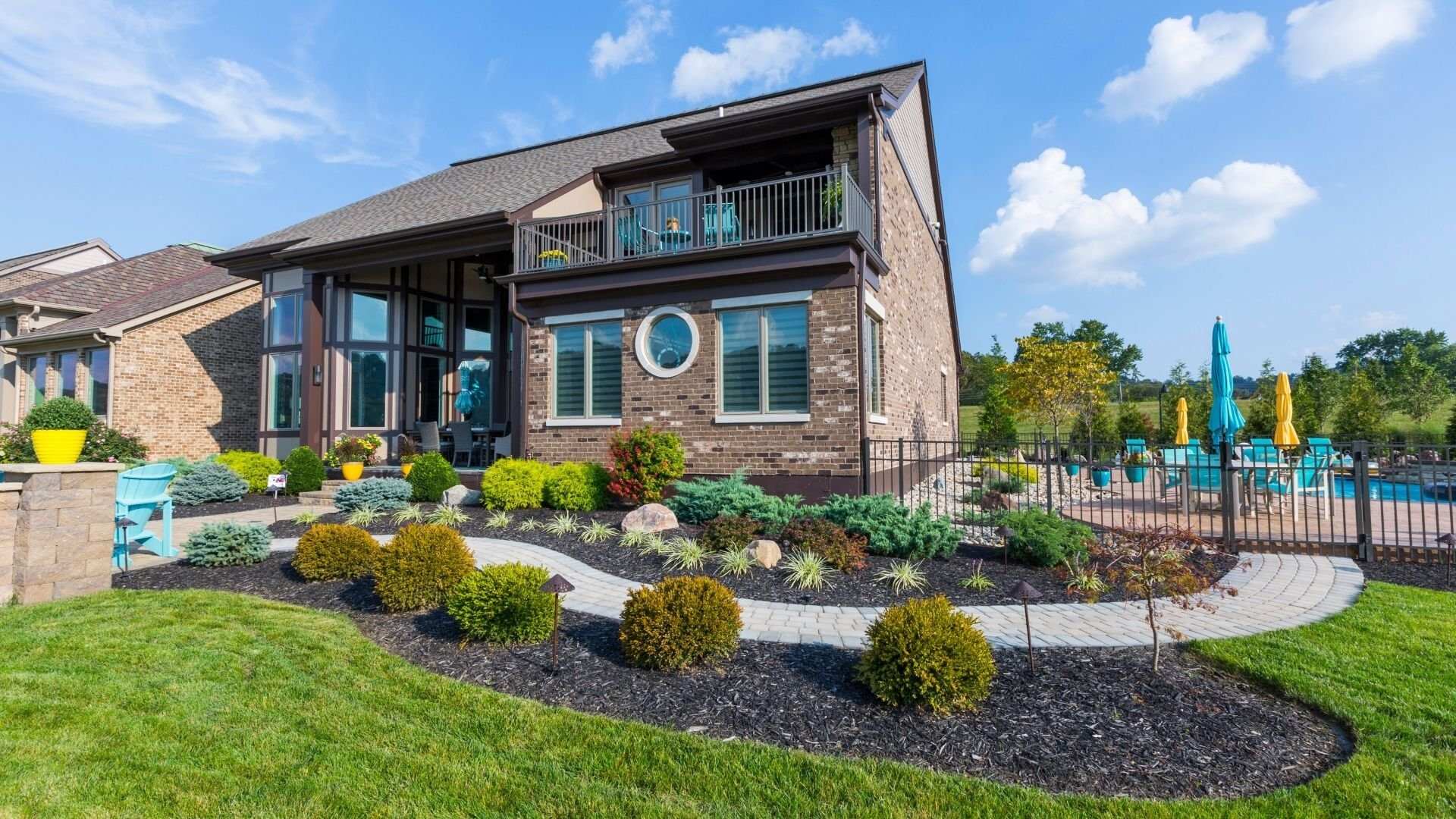

0 thoughts on “How Much Does A Construction Permit Cost”